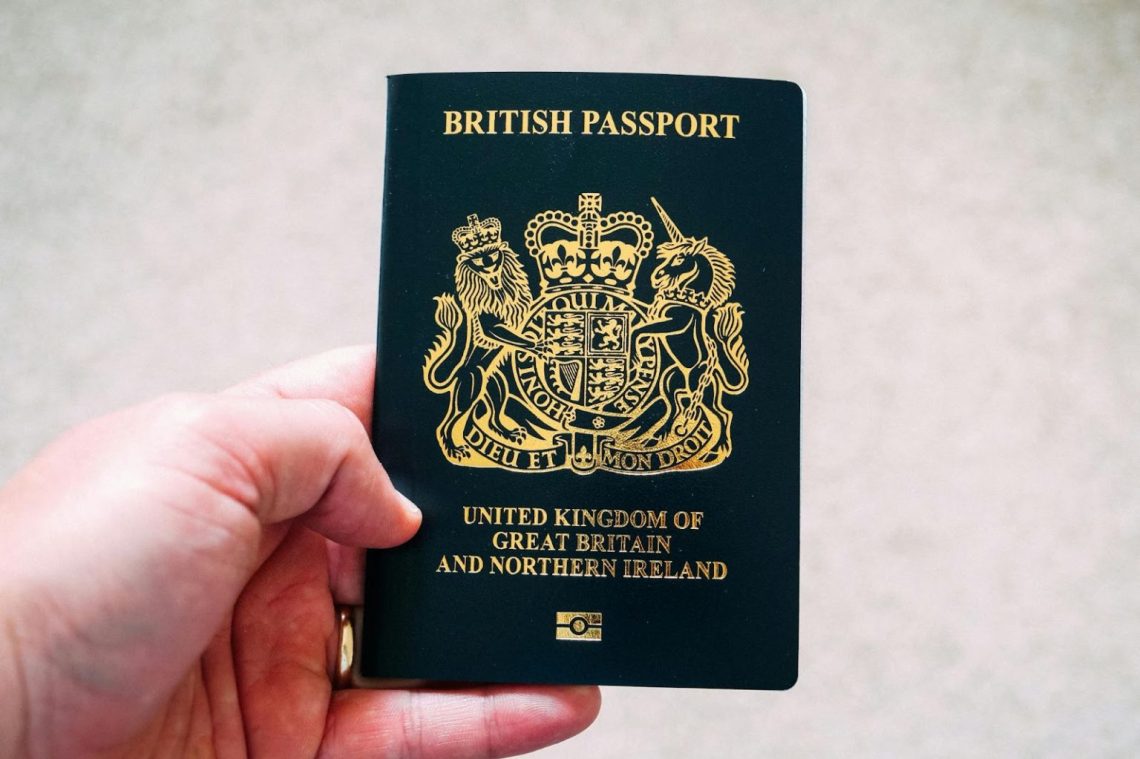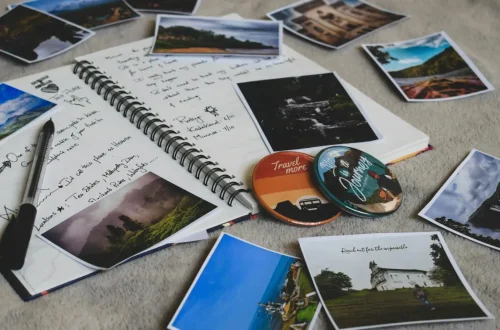There are many things that are easy to overlook when planning for a trip abroad. While forgetting to do some of these things could be nothing more than an inconvenience, others could potentially ruin your getaway. Below are 20 things that many people forget to do before they travel abroad.
Checking your passport’s expiry date
Some countries and airlines will only let you fly if you have six months left until your passport expires. Check your passport’s expiry date a couple months in advance of the date you plan to travel. This gives you enough time to order a new passport if your current one is about to expire/has already expired.
Looking into visa requirements
You may need to apply for a visa when travelling to some countries. This can usually be done by visiting the country’s official website. Different countries have very different processes – some visas are more expensive than others or may require more time to apply for, so it’s important to research this well in advance. Fortunately, there are many countries that UK citizens do not need a visa for.
Scheduling optional vaccines
Vaccines may help to protect you from local diseases in some foreign countries. These need to be arranged well in advance, as several jabs may be required over several months to provide full immunity. Check online if vaccines are recommended.
Booking tickets for popular attractions
Some popular attractions get booked up very early. Securing tickets a month or two in advance could ensure that you’re able to enjoy these attractions. Examples include shows, tours and popular restaurants.
Applying for travel insurance
If you need medical attention abroad or an airline loses your baggage, a travel insurance policy will provide compensation. You won’t need it in most cases, but it’s worth having for those rare occasions when something does go wrong.
Saving up spending money
You’ve paid for the flight and the hotel – but have you saved up any spending money? Even if you’re going to an all-inclusive hotel, it’s useful to bring some money for the occasional meal out or excursion, as well as souvenirs and gifts. Start setting this money aside in advance.
Converting currency
A lot of countries won’t accept British pounds. Consider buying some cash or putting some money on a prepaid card. While you can convert currency at most airports, there are times when it could be cheaper and more convenient to buy it online or from your local post office. Leave enough time to compare conversion fees so that you can get the best deal.
Budgeting for bills
Got bills coming out while you’re away? A lot of people forget to set aside money for these payments, which can result in late payment charges. Make sure you’ve set aside enough money for your travels and for your bills.
Getting your hair done
When taking those holiday snaps, you don’t want to regret not getting your hair cut or styled beforehand. Consider booking a hair appointment a week before you plan to go. These face framing haircuts could be a great choice.
Trying on swimwear
It’s a good idea to try on any swimwear a week before you go in order to make sure you’re comfortable in it. If you’re not happy with it, you’ll have time to shop for new swimwear. This saves you having to buy new swimwear while you’re on holiday – which could be more expensive or more limited in some resorts.
Learning some local lingo
English is widely spoken around the world, but there are still some countries where it’s not so commonplace like Japan or Brazil. Learning some basic local lingo could be essential when travelling to these countries. At the very least, download a translation app.
Researching local laws and customs
You don’t want to accidentally break any laws or offend anyone while you’re away. If you’ve never been to that country before, take the time to look up local laws and customs so you know what to expect. Things to consider could include driving laws (if you’re renting a car), appropriate dress customs, attitudes to tipping and drinking laws.
Telling your bank
It’s a good idea to tell your bank when you’re going abroad – especially to a non-touristy country. Banks can sometimes block cards if they see overseas payments coming out, as they can be misinterpreted as fraud. By telling your bank, you can prevent this fraud protection measure from being triggered.
Informing your landlord
Some tenancy agreements stipulate that you inform landlords when you are travelling abroad for 2 weeks or more. This is so that landlords can monitor and maintain the property if needed. If a problem like a burst pipe occurs when you’re abroad and you haven’t told your landlord, you may be liable to pay for any damage out of your own pocket.
Buying a travel plug adaptor
A lot of foreign countries don’t use the same plug sockets. In order to charge your devices when you reach your destination, you’ll need a plug adaptor. Remember to buy this before you travel – especially if you’re travelling somewhere remote and non-touristy where they may not sell adaptor plugs.
Packing first aid supplies
If you get injured abroad, it’s useful to have a first aid kit on you. First aid supplies are particularly recommended if you’re camping or hiking in the wilderness. You can buy travel first aid kits online.
Checking baggage restrictions
Do you know exactly what you are allowed to bring in your luggage? Luggage restrictions can vary around the world with some countries like Australia being very strict. Do your research before you pack so that you don’t end up having items forcibly removed.
Weighing your luggage
Most airlines have a luggage weight restriction. It’s a good idea to weigh your suitcases before you leave your house to go to the airport. If your suitcase is over the limit, you can remove items at home, instead of having to abandon them at the airport.
Checking into the flight online
Some airlines allow you to check in online a day or two before. This can save your time checking in at the airport. Some airlines have even made it essential and you could be charged extra fees if you don’t check in.
Charging your devices
Finally, it’s a good idea to make sure that your devices are fully-charged before you travel. This could be particularly important for electronics that you plan to use for kids’ entertainment on the plane. Plug them in the night before (but don’t forget them). Bringing a portable power bank is another solution to consider (just make sure this is charged up before you go).






